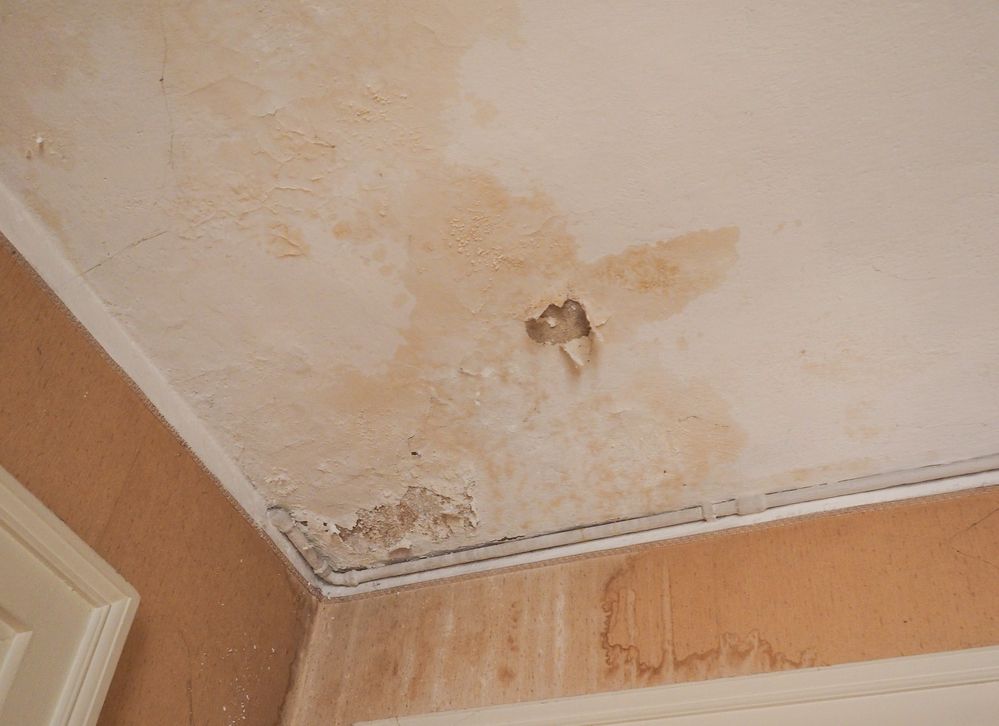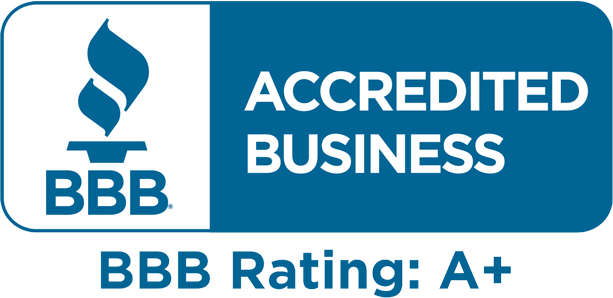5 Important Things to Know For Maximizing Water Damage Insurance Claims
Water damage insurance claims can be costly and headache-inducing. Your insurance agency’s goal is to settle your claim while giving you the least amount of money possible. When it comes to water damage, they can be particularly nasty. Here are 5 things you need to know about maximizing your water damage insurance claim. For even more, also see our best tips for dealing with water damage insurance claims.

1) Know When It’s the Right Time to Hire a Public Adjuster
Public adjusters help you maximize your insurance claim and negotiate with the insurance company on your behalf. If your disputed amount is over $10,000, then it’s typically in your best interests to hire a public adjuster. An experienced public adjuster can show you exactly how to maximize an insurance claim for water damage.
Most public adjusters have previously worked on behalf of insurance agencies before “going to the other side” to represent the public. They’ve handled water damage claims like yours on both sides of the negotiating table and they can be a tremendous asset to have – helping to ensure you receive the full claim settlement you are entitled and working to increase claim settlements so that you can make a full recovery after a loss. Get in touch for a free consultation with a qualified public insurance adjuster.
2) Understand the Difference Between Water Damage and Flood Damage
Water damage and flood damage are two different things. This difference can have an enormous effect on your claim.
Water damage is often cited as the most frequent type of damage reported in the home insurance industry. It can be caused by problems like frozen pipes, broken pipes, poorly-maintained appliances, sewage backups, leaky roofs, wind driven rain, and many other problems.
Water damage is typically covered by home insurance policies. Flood damage is not. When filing a water damage claim and trying to make the most of a claim, it is important to understand your what is covered and what is not covered in your insurance policy.
3) Do You Need Flood Insurance?
Flood damage is not covered by home insurance. In fact, flood insurance wasn’t even available in America until 1968, when the US government established the National Flood Insurance Program. Today, many homeowners have flood insurance through the NFIP.
Standard property insurance plans will never cover flood damage. You must buy a separate policy from your insurer or through the NFIP.
Before you do that, make sure you understand what a flood is. The NFIP defines a flood as “a general and temporary condition of partial or complete inundation of two or more areas of normally dry land area or of two or more properties (at least one of which is your property) from an overflow of inland or tidal waters; unusual and rapid accumulation or run-off of surface waters from any source; mud flow.”
In layman’s terms, it refers to rising water or mud that has appeared on land that is usually dry.
Typically, floods are caused by heavy rains, overflowing rivers, thawing snow, hurricane storm surges, or flash flooding. If you’re close to the water table, in a flood plain, or in a region prone to any of these conditions, flood insurance is a smart plan.
4) Make Sure The Water Damage Restoration Company Uses Advanced Equipment
After experiencing water damage, your insurance company may hire or recommend their own cleaners for your home.
These cleaners aren’t always of the highest level of quality. They may be constrained by a tight budget imposed by your insurance agency, for example, making them unwilling to go the extra mile.
That’s unacceptable after your home experiences water damage. Make sure your water damage remediation team uses moisture detectors, hygrometers, infrared cameras, and other advanced equipment to monitor the location of the water in your home.
The cleaners also need to use disinfectants to prevent the spread of mildew, bacteria, and fungi.
When an insurance company adjuster fails to follow through with this protocol, it throws the restoration of your property into jeopardy.
5) Report Water Damages Immediately
Above, we mentioned that water damages were one of the most common types of damage in the home insurance industry. Understandably, it’s in your insurance company’s best interests to lower the amount they need to pay. So in order to maximize the outcome of your water damage claim it is best to take action quickly and notify your insurance company.
That’s why they’ll often try to slip conditions into your home insurance policy. Some insurance companies have now tried to put language into your policy that prevents you from reporting water loss past a 14 day period after the incident took place.
Policies like this can be particularly awful for homeowners who are on vacation, or those who have a vacation property in a wet climate like Florida. They may not be covered because the damage wasn’t spotted within a 15 day window.
Ultimately, the best option is usually to hire a public adjuster to walk you through the water damage insurance claims process and maximize your claim settlement. They’re certified professionals who know the industry better than anyone – and they’re the best way to ensure your water damage insurance claims are covered.





